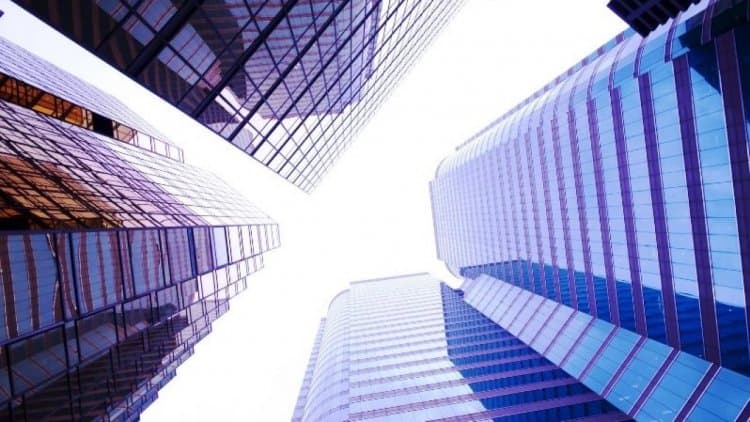
Laws Defining Distribution and Service Center Activities in UAE : An Overview
By Keshav Chandra
A great deal of economic activity in the UAE involves distribution of goods. A distribution business in the UAE is defined under law as an operation that involves importing raw materials, components, or finished goods from a foreign individual or company and keeping them in the UAE in order to resale them outside of the UAE.
A licensee that solely purchases and resells to third parties is not regarded to be in the distribution business. For the purposes of the UAE Economic Substance Regulations (ESR), any operation that involves providing consultancy, administrative, or even other foreign services connected to individual outside the UAE is regarded a service centre business. A licensee who simply offers services to third parties is not deemed to be managing a service centre.
Distribution of products in UAE market
Before engaging in any trade operations, all businesses must have a valid commercial licence. The mainland UAE through the Department of Economic Development (DED) and the free zones are two sorts of investment locations.
Free zones provide for 100 % foreign ownership, pre-built buildings, and expedited registration along with administrative services in a one location. While authorities may exercise moderation in their strategy, it is illegal to conduct business on the UAE mainland while residing in one of the UAE free zones. Companies registered in free zones are only permitted to conduct business within their registered zone and abroad.
Although it is feasible to set up a free zone firm with e-trading services, it will limit businesses' ability to act as middlemen and prohibit them from distributing products in their own name.
This is a good alternative for entrepreneurs who want to offer a mobile platform where vendors and buyers can interact without the company's involvement while managing their own payment arrangements.
Laws applicable to companies operating in free zones
General business or commercial laws apply under the Federal Law No. 2 of 2015 on Commercial Companies Law. Furthermore, in terms of practice, observation of property rights, QHSE compliance, and those of the different free zone authorities, your business will be controlled by laws pertaining to your unique business activity.
Economic Substance Regulation (ESR)
The (UAE) implemented the 'Economic Substance Regulations' (ESR) to minimize the operation of businesses in the UAE that make considerable profit without engaging in related activity. In other words, covered licensees must show that they are actually engaged in a specific economic activity that generates profits in the UAE.
According to the new legislation on Economic Substance, principal business operations that were established within certain industry functions are considered valid business activities, and these include distribution and service centres. Various approved laws establish definitions for these kinds of activities that make up the CIGAs, or core income-generating activities, of a Distribution and Service Centre business.
The UAE's economic strength and reputation have been largely driven by its unique geographical location and political stability. This has eventually helped the country emerge as a convenient business centre connecting Europe, Africa, Asia, and the Far East.
As a result, it is also very common for companies formed in the UAE to be part of international groups and even involved in commercial transactions with related persons, which may attract such companies under the ESR for the purpose of performing Distribution and Service Centre activities.
Furthermore, because of the UAE's unique status as a business centre, the marketplace for sales of goods and services by UAE businesses is not limited to the UAE.
Related activities of distribution and service centre businesses are classified under two different activities, which are defined as follows in the Related Activities Guide issued by the Ministry of Finance in April 2020.
- If a Licensee obtains raw materials or finished goods from a foreign firm and distributes those raw materials or finished goods, the Licensee is regarded to be in the "Distribution Business."
- If a Licensee provides consultancy, administrative, and other such services to a foreign firm, it is regarded to be in the "Service Centre Business". These services are related to the business of the foreign group outside of the UAE.
Due to the UAE's status as an international commercial centre, a considerable number of businesses are likely to be covered by UAE ESR.
Being situated in a true international business centre empowers these businesses with the tools and resources they need to pass the substance test. The suggestion is to confer with experts in order to determine any applicable Licensee's ESR position and meet the ESR criteria within the specified time frames.
(The Author is a Research Internee at The Law Reporters)
Pic - ESR : Farahat & Co
For any enquiries or information, contact info@thelawreporters.com or call us on +971 52 644 3004